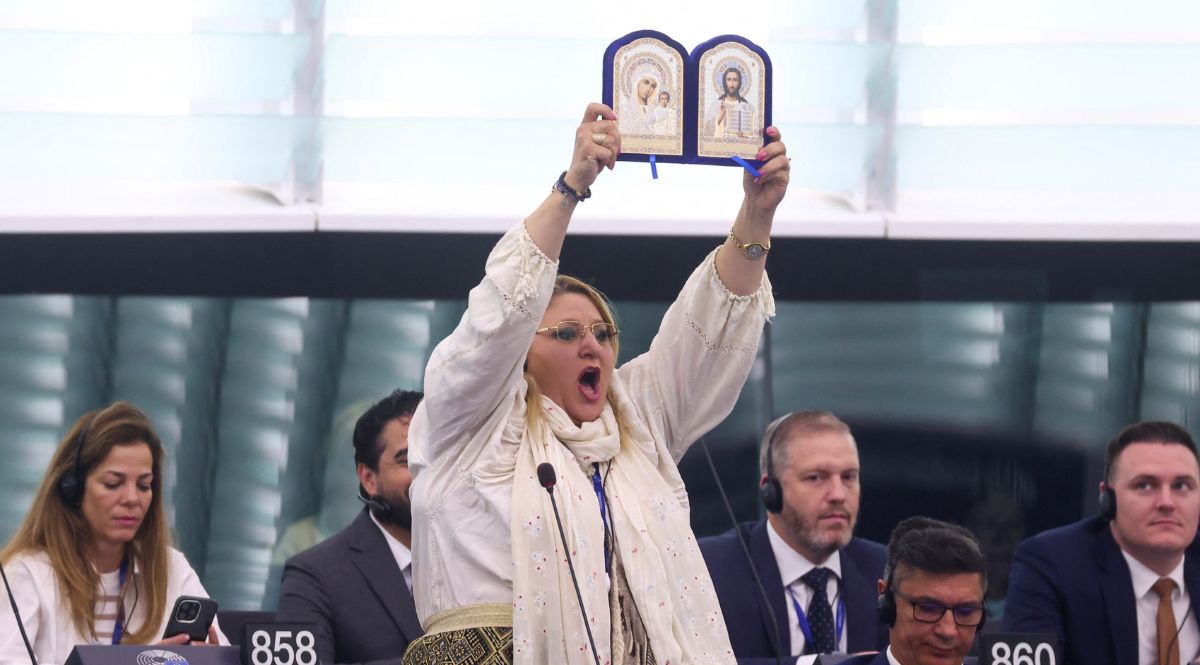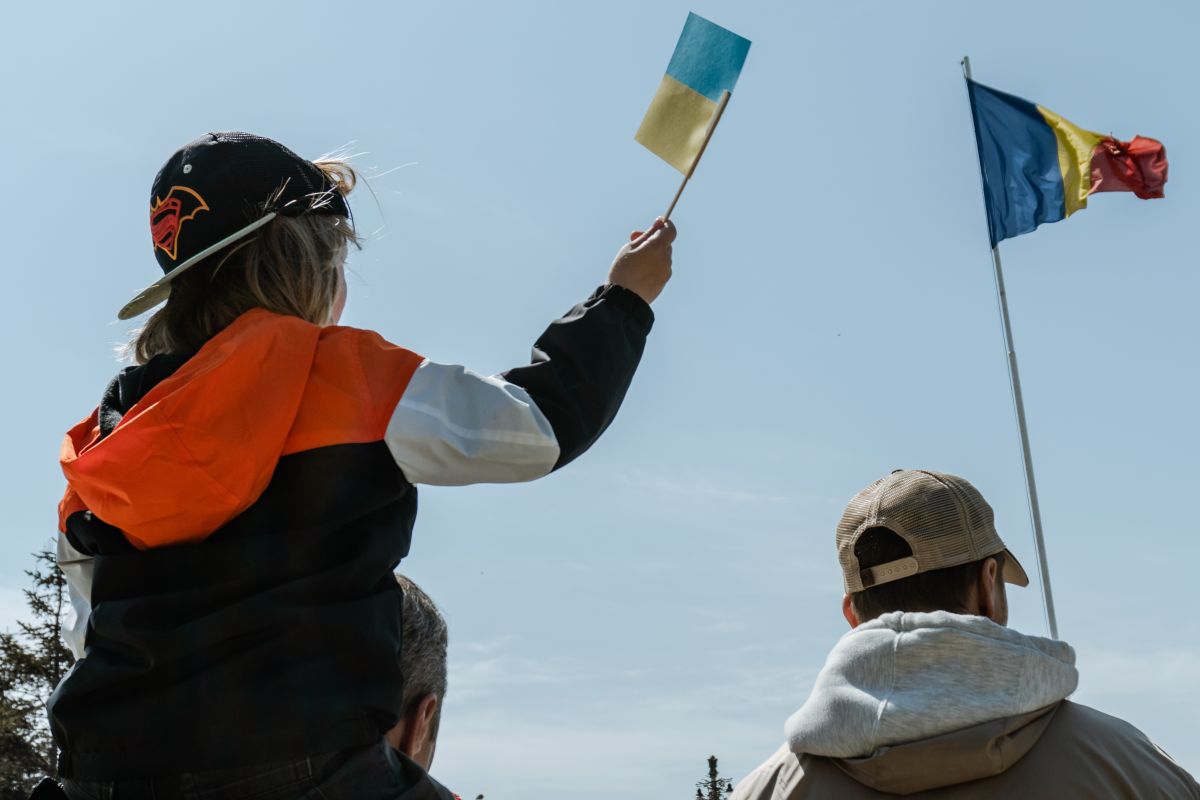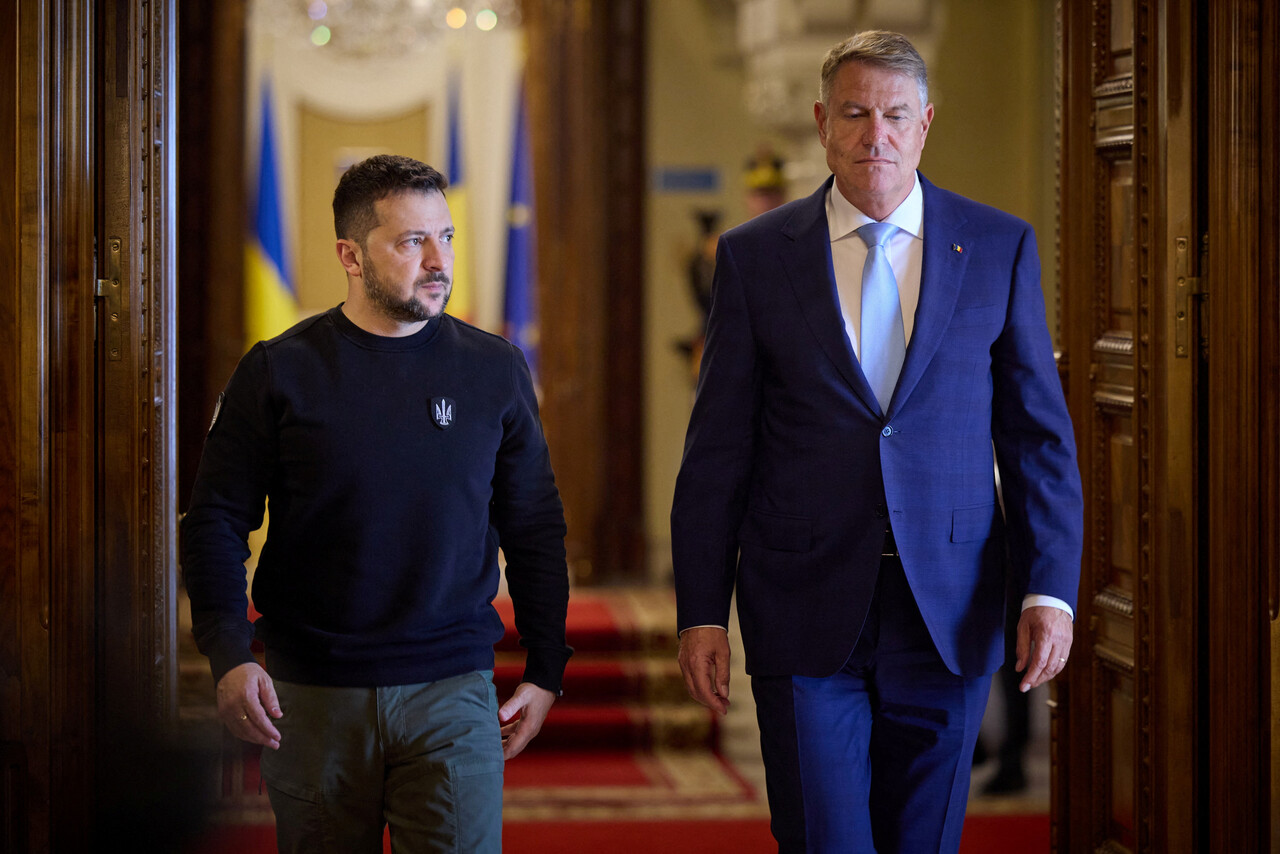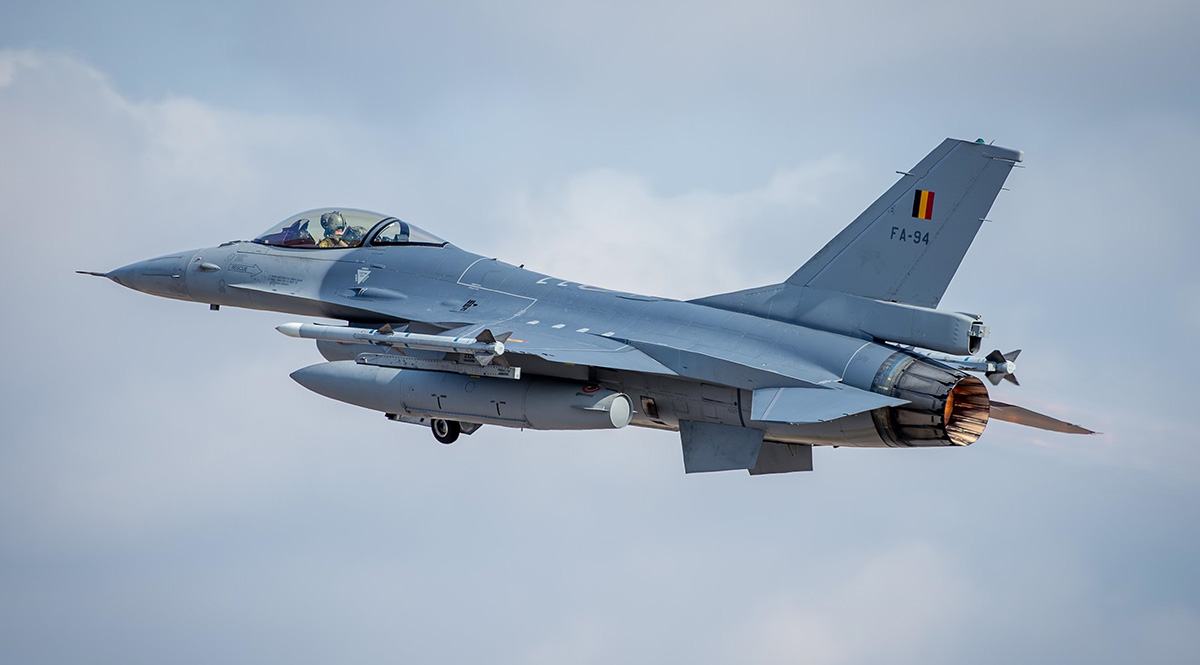Four Elections in 2024: Romania on Continuity Path Despite Political Shifts
The local and European Parliament elections in June 2024 confirmed the dominance on the Romanian political scene of the post-communist Social Democratic Party (PSD), the leading party in the ruling grand coalition since 2021. They also revealed a crisis with the smaller coalition partner, the centre-right National Liberal Party (PNL), from which President Klaus Iohannis, who is finishing his second term, hails. The presidential elections scheduled for the end of November will be crucial to Romania’s international orientation. The parliamentary elections planned for the beginning of December will probably reconstitute the current coalition, whose new government will implement presidential directives in foreign and security policy. The elections will also strengthen Eurosceptic parties and those opposed to support for Ukraine.
 Johanna Geron / Reuters / Forum
Johanna Geron / Reuters / Forum
End of the Iohannis Era
President Iohannis has played a dominant role in Romanian politics over the past decade and will complete his second term this December. Leading foreign and defence policy, he has strengthened Romania’s international position by fortifying relations with its main partners—the U.S., Germany, France, and Poland—and within the EU. Together with Polish President Andrzej Duda, he established and is the main animator of the Bucharest Nine, which has requested its Western partners to deploy their forces on NATO’s Eastern Flank. He also pushed for an increase in Romania’s defence budget to 2% from 2017, and to 2.5% of GDP from 2023. His presidency also led to a breakthrough in relations with Ukraine and now Romania is the most important export channel for Ukrainian grain and, alongside Poland, a major hub for military aid. Trying to capitalise on these achievements, Iohannis, at the end of his presidency, put forward his candidacy for NATO Secretary General. However, in the face of widespread approval for Mark Rutte, he withdrew in June. Besides Romania, only Hungary temporarily supported him.
In domestic politics, Iohannis has been a disappointment for citizens due to the remaining systemic problem of corruption, which his promise to fight helped him get into office. Meanwhile, according to the Corruption Perception Index, progress on this issue over the past decade has been marginal. Moreover, although Iohannis led the 2017-2019 protests against the dismantling of the anti-corruption system by the then ruling PSD, he subsequently spearheaded the PNL-led coalition with that party. Consequently, according to a December 2023 INSCOP poll, he was barely trusted, with only 16% of those surveyed backing him.
Prospects for Romania’s New Government
The favourite in the presidential election is Mircea Geoană. He is a deputy secretary general of NATO and the former chairman of PSD. He resigned from this post after narrowly losing the 2009 presidential election. He still has not announced his candidacy, ostensibly to reinforce his image as a non-party statesman. This is ensured by his current post, where his visibility increased after the Russian invasion of Ukraine in 2022. However, his intent to run is evidenced by the registration of the trademark “Mircea Geoană Preşedinte 2024”.
Due to the fear of an embarrassing loss and end of their political careers, the PSD and PNL leaders are delaying their decisions to run in the elections. In the 2023 and 2024 INSCOP polls, Geoană would have beaten any competitor by a margin of around 60-75% of the vote in the second round. Therefore, Prime Minister and PSD Chairman Marcel Ciolacu, hoping to retain both positions, is wants the party to support Geoană instead of him. This move would also force the coalition PNL, which has refused to support Ciolacu as a joint candidate, to be more conciliatory. As a result, its chairman, Nicolae Ciucă, the senate speaker and former prime minister, will probably be forced by his party to run and take responsibility for the defeat, weakening the PNL’s chances to appoint the head of government in a reconstituted coalition.
PSD and the PNL are signalling their willingness to continue co-governance after the parliamentary elections. They are likely to be won again by the Social Democrats, which, according to the 2024 polls, would win 27-31% of the vote (29% in the 2020 elections). They are a typical party of power, so a coalition with the ideologically hostile PNL did not hurt them. The National Liberals would be second, as support for them has fallen to 19-21% (25% in 2020), due to the feeling among some voters and activists that the grand coalition with PSD is a betrayal of their ideals.
A test for the PSD-PNL coalition was the June elections. In the EP elections, their joint list won 49% of the vote—of the 33 seats for Romania, the Social Democrats won 11 (+2) and the National Liberals 8 (-3). In the simultaneous local elections, however, the parties, with a few exceptions, ran separately—PSD won, among others, 25 (+5) and PNL 12 (-5) of the 41 posts of heads of regional councils.
Radicalisation of the Romanian Political Scene
Extreme tendencies are strengthening in Romanian society. These stem from disillusionment with the political class and confusion with the cooperation between PNL and PSD. Under their rule, Romania has not made significant progress in the fight against corruption. According to the Corruption Perception Index 2023 report, the country scored 46 of 100 points—third worse in the EU, above only Hungary (42) and Bulgaria (45). Confidence in the main parties was also undermined by the COVID-19 pandemic, which the authorities fought ineptly, often through unjustified restrictions. The public, despite pro-European attitudes, has a sense of second-class citizenship in the EU. According to the April INSCOP, 60% of Romanians believe that Romania is still not a full member of the Schengen area for arbitrary reasons—Austria is still vetoing it—although the country meets all the criteria. Extremist parties use social media more effectively than mainstream ones, reaching the younger generation as well as diaspora—excluding Moldova—and numbering up to 5 million people.
In the polls, the third, and periodically even the second-strongest party, is the 2019-established Alliance for the Union of Romanians (AUR), which has 15-19% support today, against 9% in the 2020 elections. It appeals to tradition, Orthodoxy, nationalism, and—despite official denials—to the ethos of the Romanian fascist movement of the 1930s and 1940s. It supports cooperation with the U.S. and within NATO. On the other hand, it considers that Romania does not have its rightful position in the EU, but does not demand an exit from the Union. It is in favour of the incorporation of Moldova and opposes aid to Ukraine, seeing it, like Russia, as Romania’s long-time enemy. It accuses Hungary of seeking to revise the 1920 Treaty of Trianon and annexing Transylvania. This is why the six newly elected AUR MEPs, when joining the European Conservatives and Reformists in the EP, blocked admission to the Fidesz faction.
A new phenomenon in Romania is the consolidation of pro-Russian political forces, despite the fact that Romanian society—although Orthodox—en masse sees itself as part of Latin civilisation and fears Russia. These are centred on Diana Şoşoacă, an eccentric former senator and now MEP who is in conflict with the AUR. She espouses extreme anti-system, anti-Western, anti-Ukrainian, and pro-Russian views, including openly praising Russia's aggression against Ukraine and demanding annexation by Romania of lands taken by the USSR in 1940 as a result of the Molotov-Ribbentrop Pact that now belong to Ukraine. Founded by Şoşoacă in late 2021, the S.O.S. Romania party enjoys the support of 6-8% of the public. It has two MEPs, both recognized as too radical even by Alternative for Germany (AfD), which blocked them from the Europe of Sovereign Nations faction.
Conclusions
President Iohannis’ second term has strengthened Romania’s Euro-Atlantic ties. The election of Geoană as president, and the views of his potential main rivals, Ciolacu or Ciucă, guarantees the continuation of existing foreign and defence policy. Romania will remain a close ally of the U.S., Germany, and France. It also is likely to continue to be Poland’s main regional partner, working closely with it within the Bucharest Nine to strengthen NATO’s Eastern Flank. In addition, Romania should continue to support Ukraine, as it considers Russian imperialism as the main threat to its security.
This year’s elections are a popularity test for the ruling grand coalition of PSD and PNL. They probably will reconstitute a joint government after the parliamentary elections. However, the balance of power within the coalition would change in favour of the Social Democrats. Their increased dominance may be fostered by both the waning public confidence in the national liberals and the likely victory in the presidential elections of Geoană, an independent but close to PSD.
There is growing disillusionment among the Romanian public with the political class and the arbitrary block on Romania’s Schengen membership by land. This has fostered the growing popularity of the extreme AUR and S.O.S., which ran and introduced MEPs for the first time and may even triple the number of seats in the parliamentary elections. Their influence on governments and legislation would be small, as they are distanced from all other parliamentary parties. However, they may, with their nationalistic, anti-Western, and anti-Ukrainian excesses, undermine Romania’s image as a reliable ally in the public opinion of NATO and EU countries.





